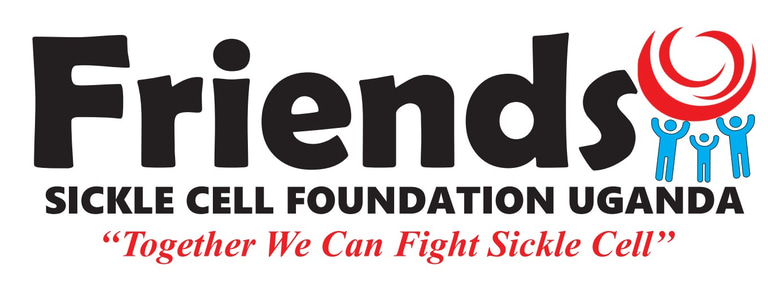Insights from the 4th Sickle Cell Uganda Convention: Research Presentations on Sickle Cell Disease
7/11/20253 min read


The moral dilemmas faced by caregivers of children with sickle cell disease can be complex and multifaceted, deeply entwined with emotional, ethical, and practical considerations. Sickle cell disease is a genetic blood disorder that causes the production of abnormally shaped red blood cells, leading to a number of complications, including severe pain, anemia, frequent infections, and stroke. Caregivers—often parents or family members—find themselves in challenging situations that require difficult decisions, often balancing their child’s immediate needs with long-term considerations and the wider implications of their choices.
One significant moral dilemma arises from the need to advocate fiercely for the child’s health while grappling with the reality of limited resources and availability of care. In many healthcare systems, particularly in underserved areas, access to specialists, medications, and supportive therapies can be inadequate. Caregivers frequently face the decision to push for more aggressive treatments or to seek second opinions, potentially at the cost of building trusting relationships with healthcare providers. This situation becomes a moral conflict when considerations of the emotional toll on both the child and family are weighed against the potential benefit of prolonged or invasive treatments.
Moreover, caregivers often endure the emotional strain of witnessing their child’s suffering while striving to maintain a sense of normalcy in family life. This balancing act can lead to feelings of guilt and helplessness. For instance, when a child experiences a painful sickle cell crisis, the caregiver must decide whether to stay with the child during hospital visits for support or continue with other responsibilities, such as work or caring for siblings. The choice, while ostensibly practical, can evoke profound feelings of inadequacy—leading caregivers to question their priorities and commitments.
In addition, the stigma associated with sickle cell disease can create a moral burden for caregivers. Many families face societal judgment due to misconceptions about the disease, often dealing with critics who may not understand the chronic nature of the illness or its implications. Caregivers may feel pressured to educate others about the condition while simultaneously shielding their children from negative perceptions. They must navigate the fine line between advocacy and protection, often encountering situations where they must decide how much to share about their child’s condition, even with extended family or friends, fostering feelings of isolation and frustration.
Another critical aspect of this moral dilemma lies in the realm of treatment choices. Advances in therapy provide new avenues for care, such as blood transfusions, hydroxyurea, and gene therapy. Caregivers may find themselves at a crossroads when deciding whether to pursue new, experimental treatments with uncertain outcomes or stick with established, familiar regimens. This decision can carry heavy weight, as caregivers must consider the risks and benefits not just for their child’s health, but also the potential emotional and psychological impact of those choices in the family dynamic.
Finally, the financial implications of caring for a child with sickle cell disease can lead to significant moral distress. Many families face exorbitant medical costs, insurance challenges, and the potential for medical debt. Caregivers must often decide between their child’s health needs and the financial sustainability of the family. This may manifest in trade-offs—opting for less effective treatments due to costs or forgoing necessary care to maintain financial stability. Such decisions can impact a caregiver’s mental health and well-being, leading to stress, anxiety, and feelings of inadequacy.
In summary, the moral dilemmas faced by caregivers of children suffering from sickle cell disease are profound. These dilemmas encompass advocates for their child’s healthcare, balancing the emotional needs of the child and family, managing societal stigma, navigating complex treatment options, and confronting financial pressures. Each decision carries weight, often overshadowed by feelings of guilt and helplessness. The journey of caregiving in the context of chronic illness is not merely a series of logistical challenges; it is fraught with moral complexities that shape the caregiver's experience.
Understanding these dilemmas is crucial, as it highlights the need for supportive resources tailored specifically for caregivers. Emotional support systems, access to counseling, and education about sickle cell disease can help caregivers navigate these thorny ethical landscapes, empowering them to make decisions that honor their child's needs while also acknowledging the burdens they bear. Promoting open discussions within healthcare settings about these dilemmas can lead to improved support for families, fostering environments where caregivers feel equipped to manage the moral complexities they encounter.
Supporting sickle cell warriors and fostering community.
Call Now: +256701 974283
+256785 296316
+256393102816
© 2025. All rights reserved.
